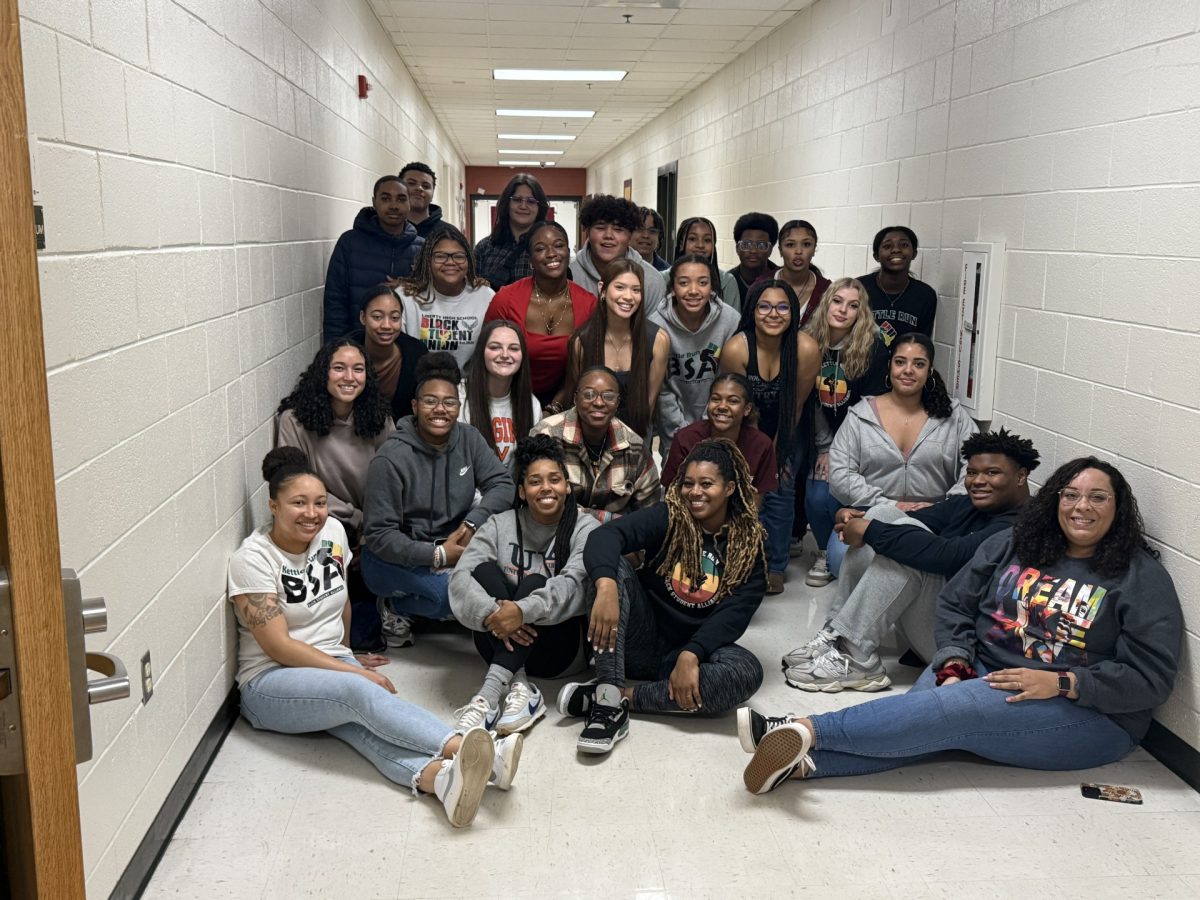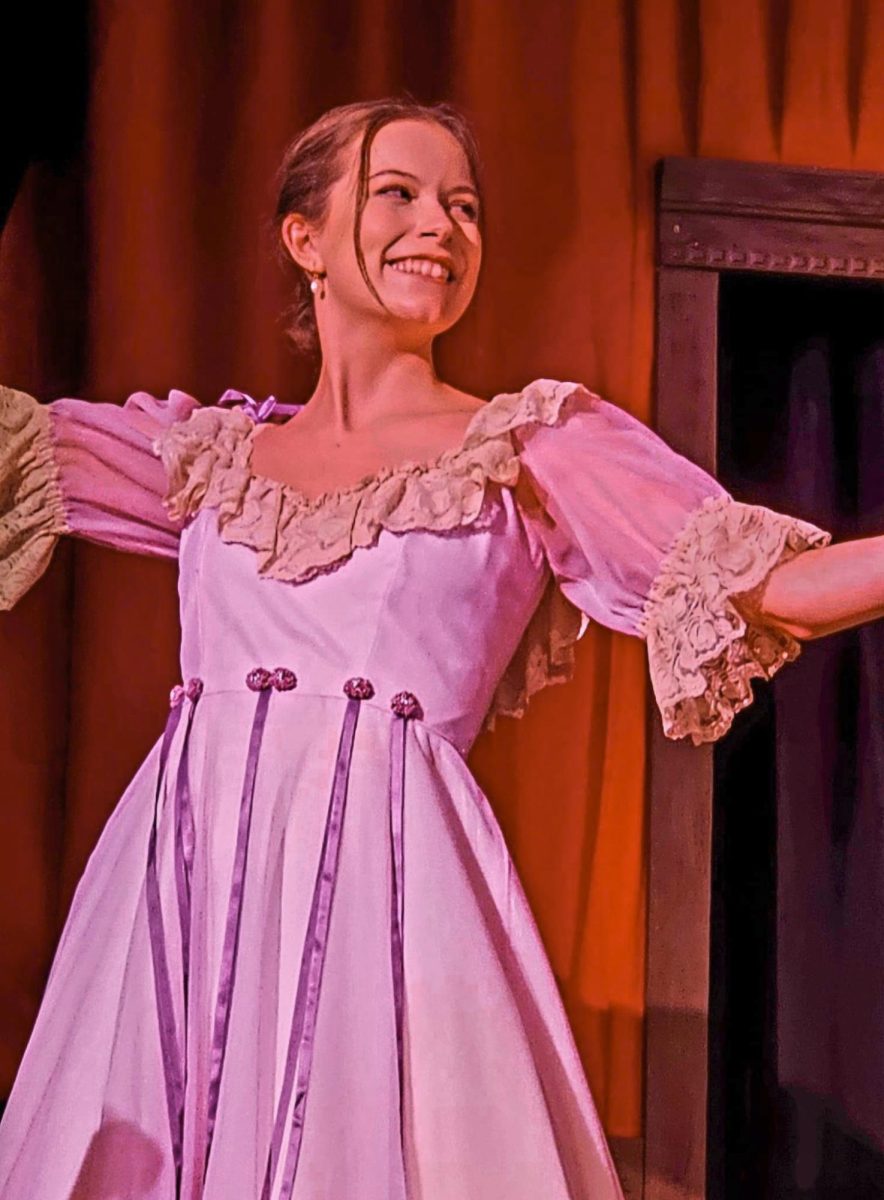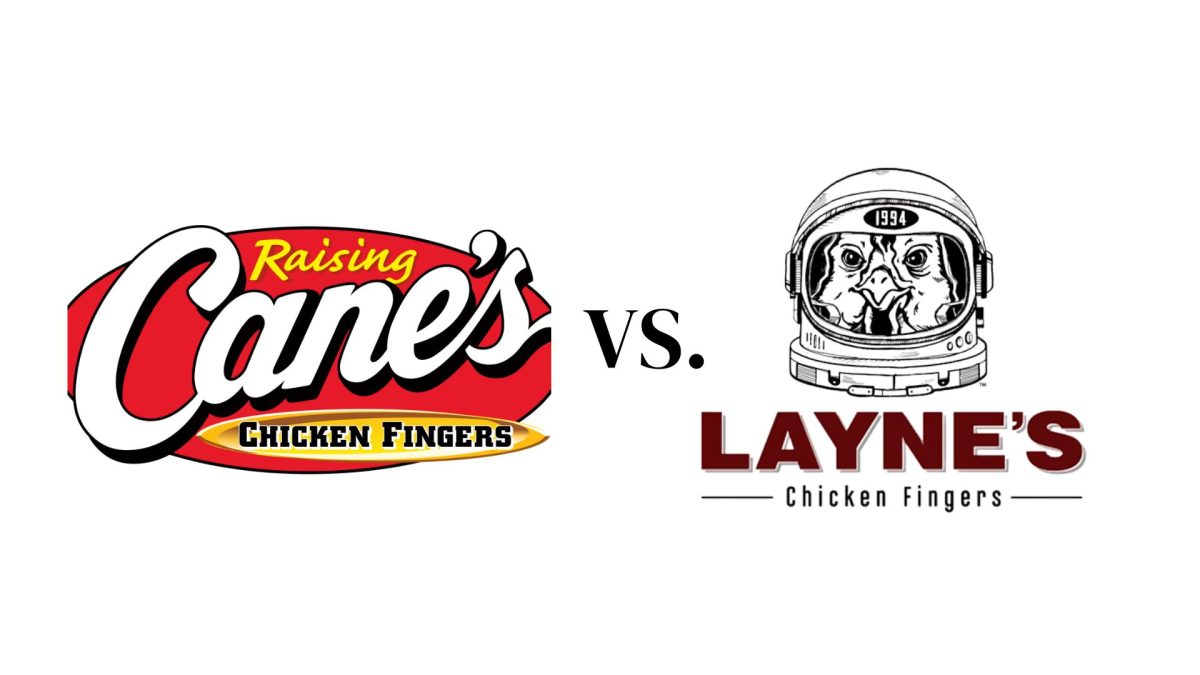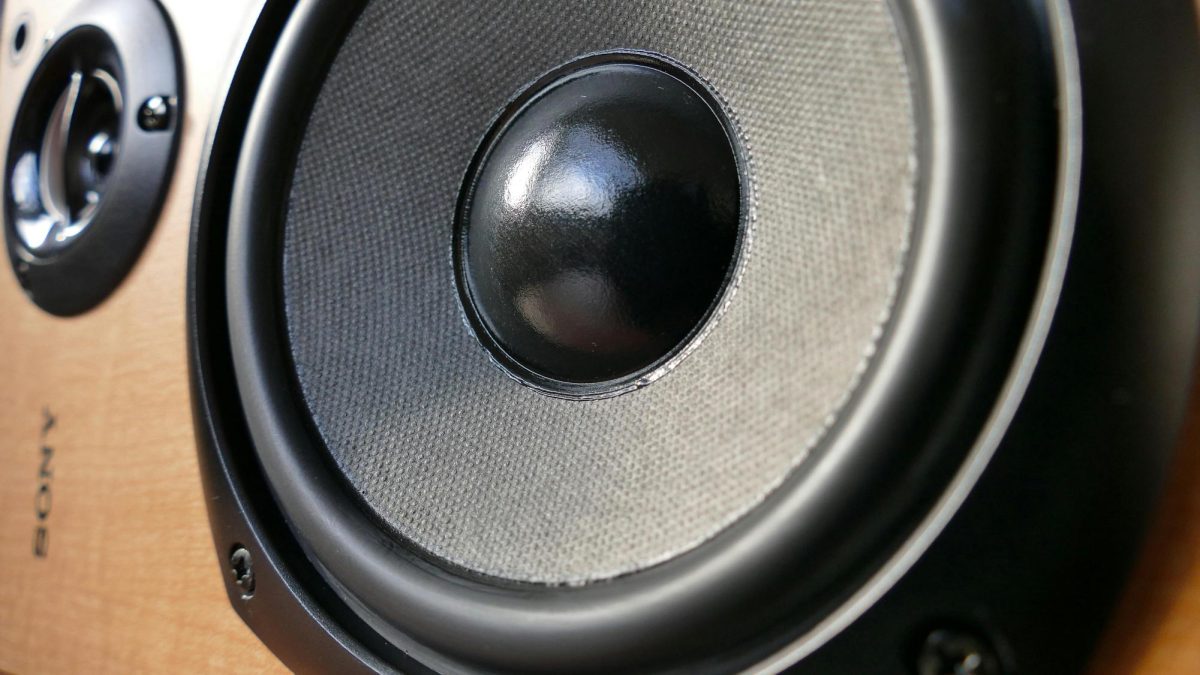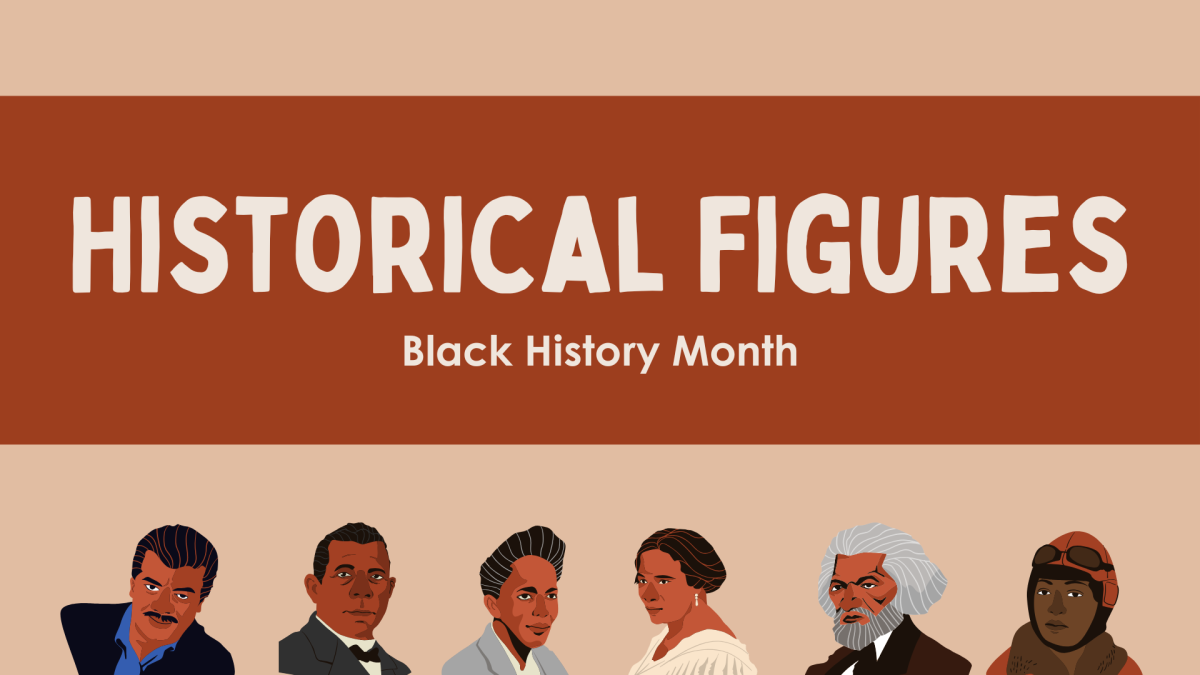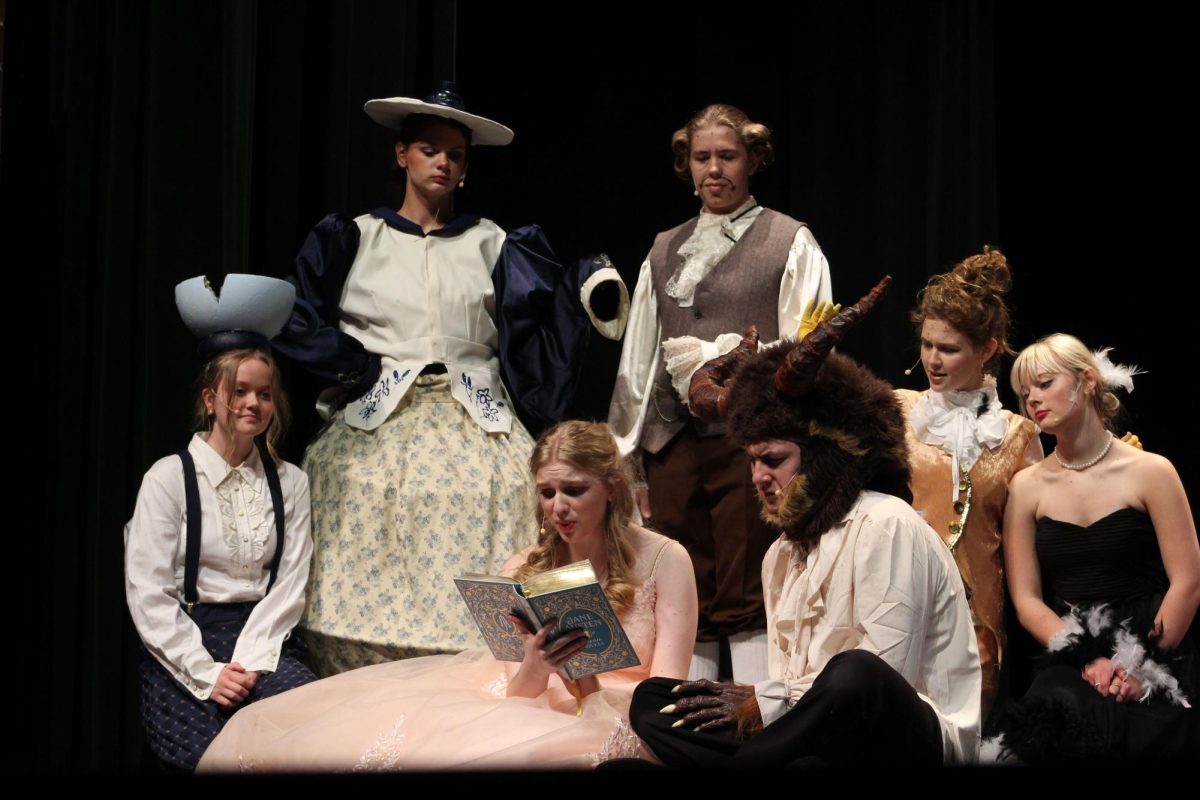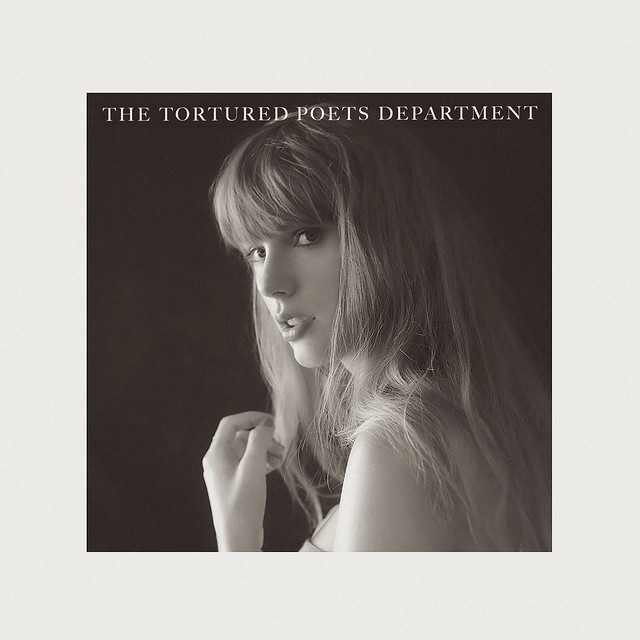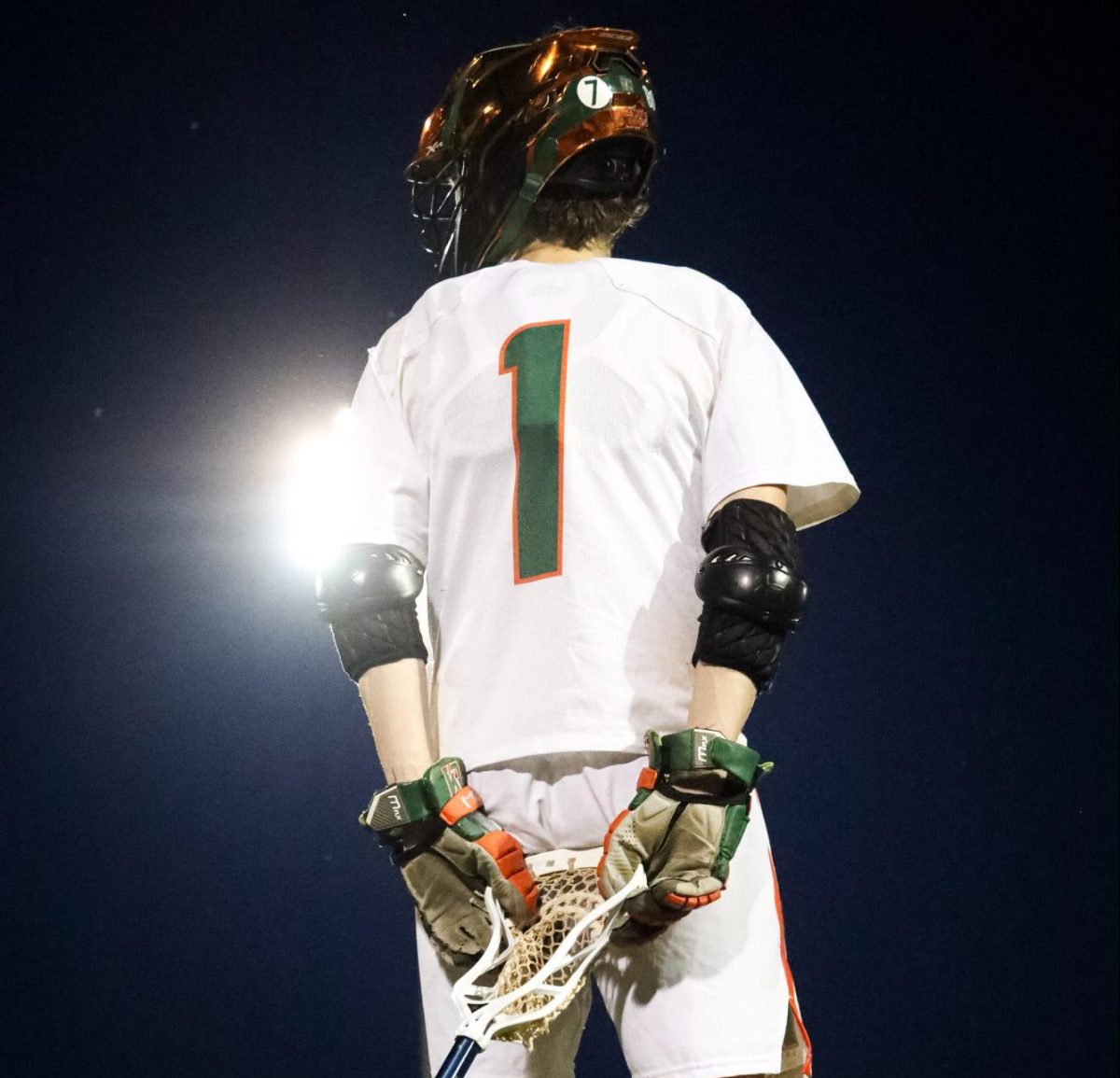Virginia Test Standards Change
Re-evaluating the SOL requirements for next year
If you think you are taking too many SOL tests, you’re not alone.
The Virginia Standards of Learning, or SOLs, set forth learning and achievement expectations for core subjects for grades K-12 in Virginia’s Public Schools.
The core subjects are English, Mathematics, Science, and History. Students are tested at the end of the year by an SOL exam. Critics of the SOLs say that they encourages teachers to “teach to the test” and omit much of the overall learning needed in high school.
To graduate high school with a standard diploma in Virginia, a student must pass six SOLs to get six verified credits. To get an advanced diploma, a student must get nine verified credits.
However, there is some good news for those who don’t like SOLs. Next year’s freshmen may be given some relief.
There’s a movement to reduce the minimum number of verified credits to five for the class of 2022. That change applies to both the advanced and standard diplomas. Although the number of verified credits needed to graduate are being reduced, students will still be required to take the same number of SOL tests. The state also requires that an end-of-course exam is given in every class that uses the SOLs.
Since Fauquier County offers 11 SOL courses, students at Kettle Run, more than likely, take all 11 SOL tests. Amy Acors, the Director of Instruction in Fauquier County, says that taking SOLs for all SOL classes gives students the ability to try three times for the two required credits in history.
“Standards are good things in that they bring accountability and make sure all students have access to learning the same material,” Acors said.
However, she did mention some negative aspects to SOLs, especially since students’ results on the tests affect teacher evaluations.
“Some courses, associated with mandated multiple choice testing, often lend itself to ‘teaching to the test’… Teachers feel pressured to cover the content at all costs, even at the cost of engaging students,” Acors explained.
Acors feels the move to reduce the requirement for verified credits is good and will allow students to be tested in more ways than multiple choice tests.
“Many are hearing the message that this one way of testing has not developed our students into ‘life-ready’ graduates,” Acors said.
Instead, Acors hopes that students will be evaluated by performance assessments or portfolios of work samples. In addition to changes in testing, there will also be changes in learning. Starting with the Class of 2022, students will be required to participate in authentic learning experiences, such as service learning, an internship, or another work-based experience which will better prepare students for life after high school.



